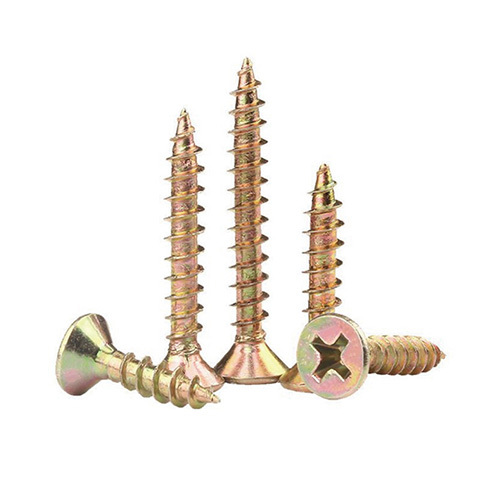Exploring the Versatility of Flat Washers in Industry Applications
2025-09-08
平垫圈
The Unsung Heroes of Industry: Flat Washers
When you think of the machinery and tools that keep our world spinning, flat washers—or as they're known in Mandarin, Flat washer—might not spring to mind immediately. Yet, these little circular pieces are essential in countless applications, from construction to automotive assembly. In this article, we'll dive headfirst into the world of flat washers and explore their importance across various industries.
What Exactly Are Flat Washers?
So, what's the deal with flat washers? These small, disc-shaped devices are typically made from materials like metal, plastic, or rubber and are used to distribute load, reduce friction, and prevent leakage. They come in various sizes and thicknesses, making them incredibly versatile. Whether you're assembling furniture or constructing high-rise buildings, you can bet there's a flat washer in the mix!
Why Are They So Important?
Flat washers serve several critical functions:
- Load Distribution: By spreading the load over a larger area, flat washers help prevent damage to the materials being fastened together.
- Friction Reduction: They reduce friction between moving parts, which can lead to increased efficiency and longevity of machinery.
- Seal Integrity: In plumbing applications, flat washers help to create a watertight seal, preventing leaks and saving you from costly repairs.
Industries That Rely on Flat Washers
Flat washers are found in a multitude of industries:
- Construction: Builders use them to ensure structural integrity when fastening beams and supports.
- Automotive: From engines to interiors, flat washers play a role in nearly every part of vehicle assembly.
- Manufacturing: In factories, they are crucial for assembling machinery and equipment.
- Electronics: Even in the world of gadgets, flat washers help secure components and maintain electrical connections.
Choosing the Right Flat Washer
Now, if you're thinking about using flat washers for a project, it's essential to choose the right type. Here are some tips:
- Material Matters: Depending on your application, you might need stainless steel, nylon, or rubber washers. Each material has its strengths and weaknesses.
- Size Counts: Make sure to select a washer that matches the diameter of your screws or bolts. Too small, and it won't do its job; too large, and it might slip.
- Thickness Is Key: A thicker washer can offer more load distribution, but it might not fit where a thinner one would work better.
Innovations in Flat Washer Technology
Believe it or not, flat washers are evolving! New materials and designs are emerging to enhance their performance. For instance, some manufacturers are experimenting with composite materials that offer better temperature resistance and durability. The future of flat washers looks bright, and it's fascinating to see how they'll adapt to meet industry demands.
Conclusion: A Small Part with a Big Role
In the grand scheme of things, flat washers may be small, but they play an enormous role in ensuring the safety and efficiency of countless industrial applications. Whether you're a DIY enthusiast or a seasoned professional, understanding the significance of these components can help you make better choices in your projects. So next time you're tightening a bolt, remember the unsung hero doing all the heavy lifting behind the scenes: the flat washer, or Flat washer!
Keywords:
Hot Products
Related news
Understanding Electric Buckle Nuts: The Future of Fastening Solutions
2025-09-16















